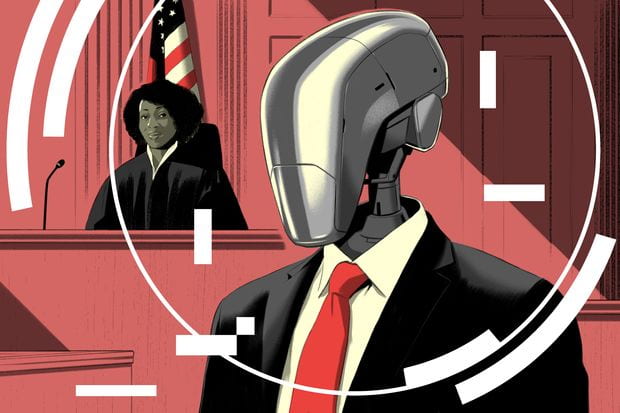While the world we live in today relies heavily on digital media and technology, the digital era has become more prominent amidst the COVID-19 pandemic. Humans now depend on technology to work, to learn, to read and to obtain entertainment now more than ever.
Artificial Intelligence (AI) exists all around us, even if it may not be realized. IOS developer and Computer science graduate, Ilija Mihajlovic, talks about the impact bots have on our everyday lives in his article How Artificial Intelligence is Impacting our Everyday Lives. He states, “AI assists in every area of our lives, whether we’re trying to read emails, get driving directions, get music or movie recommendations (Mihajlovic, 2).”
One place we experience the use of bots in our daily life is through digital assistants. First developed within iPhones as the well-known AI, Siri, digital assistants have since then been created through various platforms: Alexa, Google Now, Microsoft’s Cortana, and more. While these digital assistants may be used on different sorts of sites, they still all serve the same purpose, and that is to assist.

Although quite annoying, most people have likely encountered the security measures taken to enter most websites at least once. The websites that use these these types of security checks solidify their reason by saying “are you a robot?” We take the tests to ensure to the robots running the sites that we are not robots.

Some of the different security tests that we use include the image provided where you have to choose all the cats; a combination of letters and numbers that you have to type into an answer box; or simply just a check box with the phrase, “I’m not a robot,” beside it. While it has been said that bots may be grading and writing first drafts of our papers (according to McKee & Porter), they are still unable to distinguish the difference between a cat and a dog.
As our world continues to make technological advances, the use of bots in our everyday lives will become more substantial. Heidi McKee and Jim Porter discuss the role that many bots and AI’s will take in the near future in their article The Impact of AI Writing and Writing Instruction. Bots will eventually be used in the workplace and in our classrooms; but the question is: is it such a bad thing for our society to rely on the use of bots as we go about our day?


